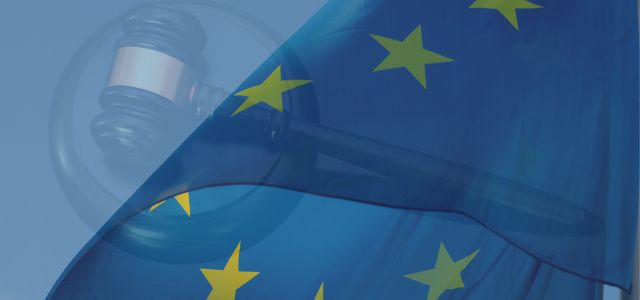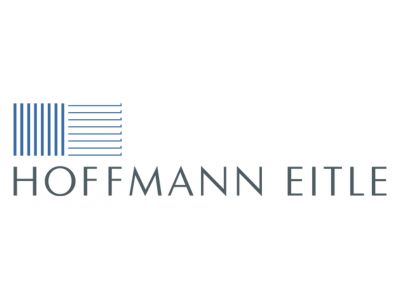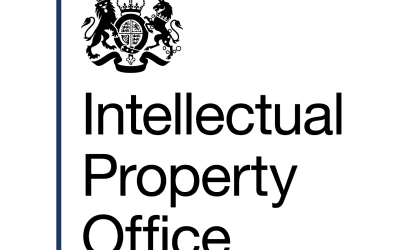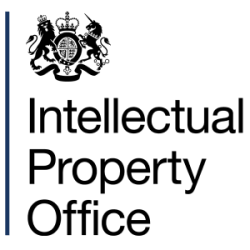Mike Gruber, LL.M. IP (GWU) reports on decisions in two provisional injunction proceedings before the UPC’s Local Division Munich and shares strategic takeaways for enforcing patents across Europe.
Three and a half months after opening its doors on June 1st, the UPC proved to be a good forum for litigating complex biotech patents, even within the expedited timeline for provisional measures. On September 19, 2023, the Local Division (LD) Munich granted its first provisional injunction against NanoString. The LD found that NanoString’s CosMx Spatial Molecular Imager infringes EP 4 108 782 (EP’782), a European patent with unitary effect (EP-UE), and that all relevant factors weigh in favor of granting a provisional injunction (PI) with effect for the 17 UPC countries, including Germany, France, Italy, and also covers certain expandable materials. By contrast, the court rejected the grant of a PI based on EP 2 794 928 (EP’928), a classic EP, for lack of infringement, doubts about validity, and lack of urgency on October 10, 2023.
EP’782 and EP’928 are registered to the President and Fellows of Harvard College, which acted as co-plaintiff, 10x Genomics holds a license. The patents originate from the same application and pertain to a spatial profiling technology, which allows specific genetic analysis of tissue samples to assess the behavior of genes in different regions of tissue.
The UPC is well-suited for litigating complex technologies
The panel of the LD Munich consisted of two legally qualified German judges, a Dutch judge, and a French technically qualified judge. The Dutch judge, András Kupecz, also has a biotech background adding technical competence to the bench.
Claim construction and infringement analysis followed the German practice of being generally patentee-friendly. EP’928 differs from EP’782 in at least one important feature (“and wherein at least a portion of said plurality of pre-determined subsequences form an identifier of said at least one probe reagent”) and the court considered that 10x Genomics’ interpretation contradicts the wording of the asserted claim as understood in combination with one of the examples, which was insufficient for granting a PI (that interpretation may succeed in the main infringement action).
The LD Munich assessed the validity in-depth, although German judges have less experience with this as validity is decided by a separate court in Germany. The court considered the preliminary opinion on EP’928 in a German nullity action upholding that patent with amendments and assessed several prior art documents. Pointed questions during the, in total, two and a half days of hearings showed that the judges had familiarized themselves thoroughly with this complex technology and the array of arguments over, in total, several hundred pages of briefs.
Other defenses pertained to the licensing relationship between Harvard and 10x Genomics, and US and European antitrust law.
The LD Munich did not require a security to be paid by 10x Genomics for the PI to become effective.
The injunction against NanoString will be in effect at least until the UPC issues a final decision on the main infringement actions based on the same patents, likely at the end of next year, or until EP’782 is revoked in parallel EPO opposition proceedings. NanoString can appeal the grant of the PI and 10x Genomics can appeal the rejection of the other PI.
The UPC is here to stay
The UPC judges know that a new court has to prove its quality to give more parties the confidence to litigate their patent disputes there. They are succeeding. After the first UPC decisions have been published more actions have been filed. Soon the UPC will have to adjust its resources to continue to deliver on its promise of fast and well-founded decisions.
The LD Munich is a “strong division” as the presiding judge, Dr. Matthias Zigann, explained during the hearing on September 5/6, 2023. Such divisions have two “resident judges” from the country where the division is located. A third legally qualified judge from a different country is added from the pool of judges. Technically qualified judges are always selected from the pool. This setup provides more predictability of the panel compared to divisions where two legally qualified judges are added from the pool. The mix of nationalities ensures that the UPC can learn from different national perspectives and practices.

Written by Mike Gruber, LL.M. IP (GWU)
UPC Representative, German Attorney at Law, Hoffmann Eitle
You may also like…
Nokia v. Mala Technologies: the UPC interprets its relationship with national courts
Brussels recast The Brussels I Regulation has been in force, under various names, since 1973 and defines general rules...
UK IPO celebrates first filing in new digital service
The UK Intellectual Property Office (IPO) marks a ‘game-changing moment’ as the first patent is filed in the new ‘One...
World’s largest wireless telecommunications operator China Mobile joins Open Invention Network
Chinese companies have become increasingly sophisticated regarding patents. According to the country’s top...
Contact us to write for out Newsletter














